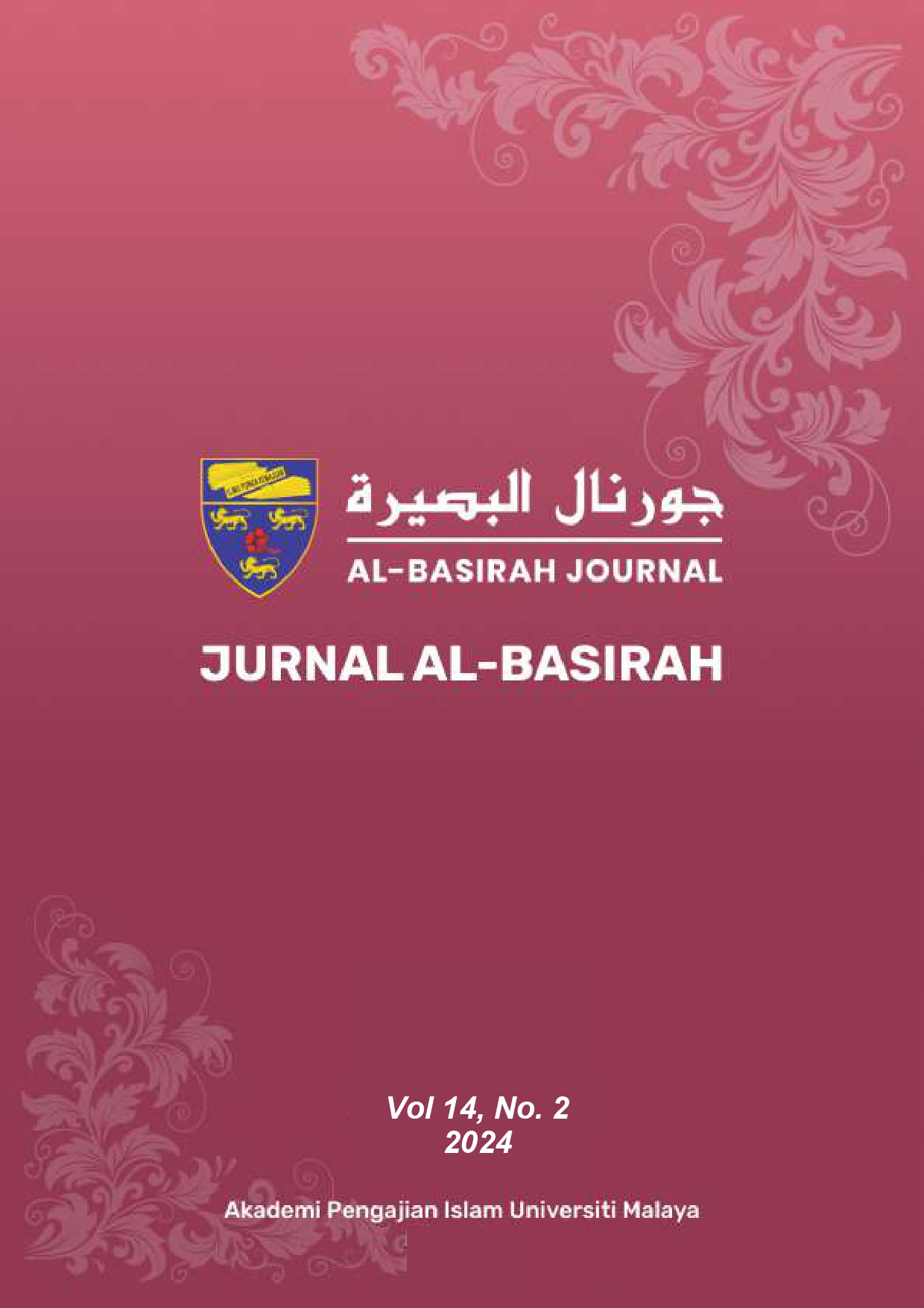Sectarian Violence in Quetta Balochistan using the Theory of Othering
DOI:
https://doi.org/10.22452/basirah.vol14no2.13Keywords:
Sectarian violence, Conflicts, Shia, Sunni, Theory of Othering, HazaraAbstract
This paper applies the "theory of Othering" to evaluate sectarian violence in Quetta, Balochistan, with the objective of understanding its impact on community dynamics and identity. This descriptive study employs content analysis of secondary sources, including research articles, books, and journals, along with a desk survey. The methodology involves categorizing and interpreting collected data to derive meaningful insights into sectarian conflicts. The study reveals that sectarianism has inflicted numerous crises upon the people of Balochistan, where Sunni and Shia communities are primarily engaged in continual skirmishes, the practice of violence, the prosecution of each other’s fundamental rights to education, freedom, and even life, terrorist attacks, and target killings. Additionally, the analysis highlights the historical context of sectarian tensions, tracing their roots to political, economic, and social factors contributing to violence. The study concluded that Shia Hazaras in Quetta are marginalized due to ongoing sectarian violence, leading to their Othering in society. Recommendations include promoting interfaith dialogue and enhancing law enforcement to ensure equitable access to public services for all communities.

















